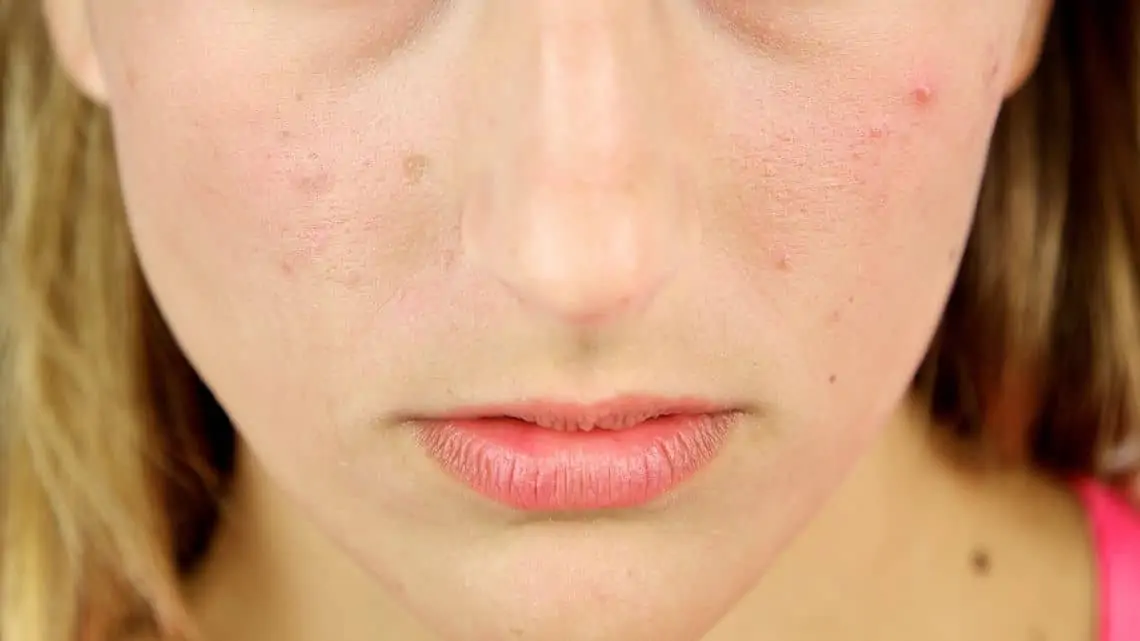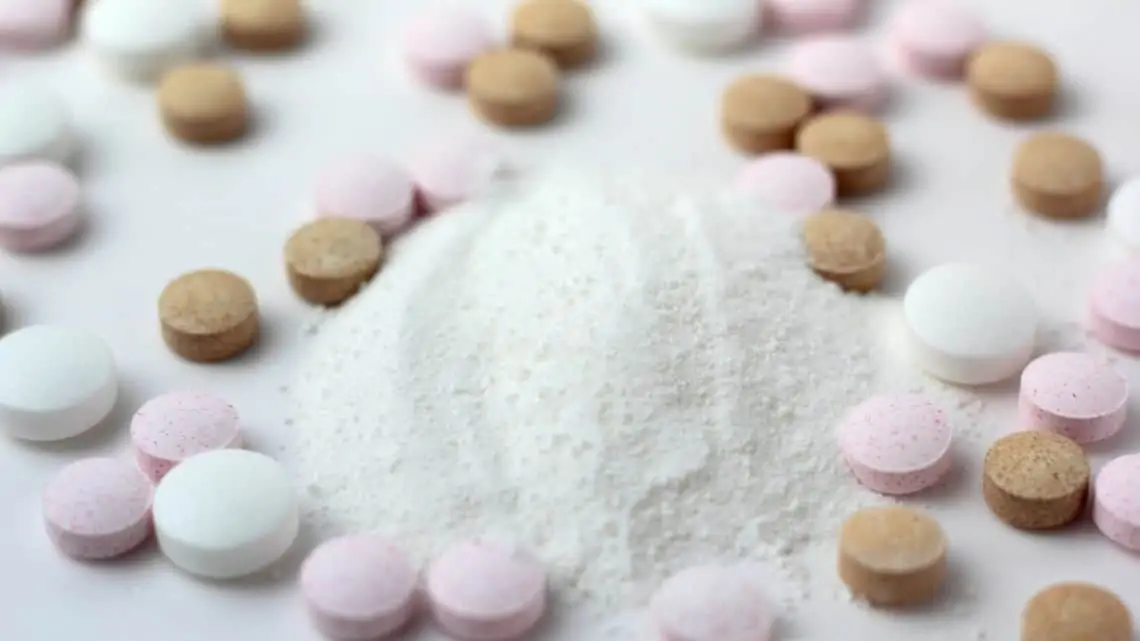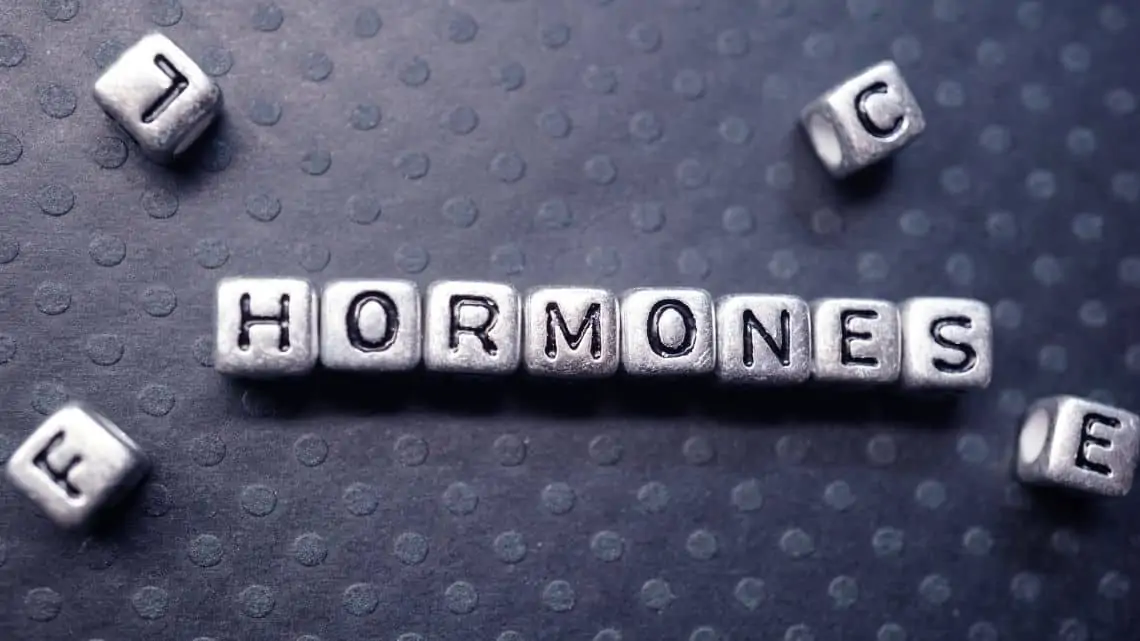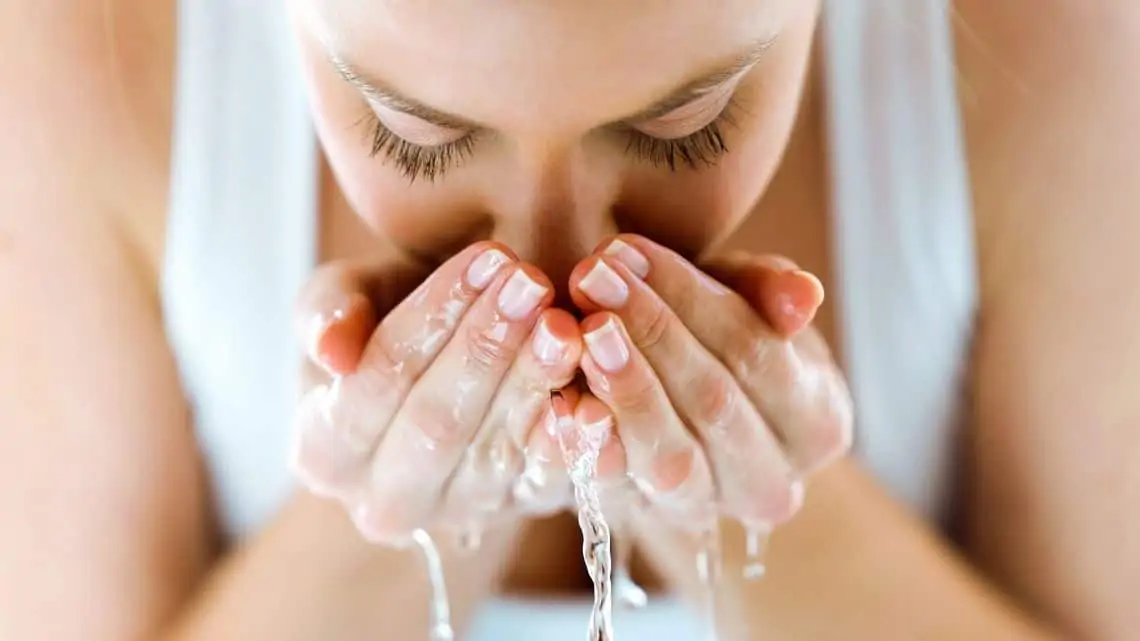Hormones are molecules that send messages through the bloodstream to vital organs and tissue throughout the body.
They are responsible for assisting with functions ranging from growth and development to cognitive function and mood.
When your hormones become unbalanced, you can experience symptoms ranging from brain fogs and fatigue to headaches and low libido.
A commonly reported sign of hormone imbalance are skin problems like acne.
What Is Hormonal Acne?
Hormonal or adult acne is your body’s natural response to a fluctuation in hormones.
While both men and women can experience such outbreaks, it’s most commonly found in women, particularly during their menstrual cycle, pregnancy, and menopause.

When hormones known as androgens and estrogen are too high or low, you can experience breakouts.
How To Treat Hormonal Acne
If your doctor, gynecologist, or other medical specialist has diagnosed you with hormonal imbalance, it is best to treat the condition as a whole to get optimal results.
Treatment may include taking prescriptions, making lifestyle changes, or undergoing surgeries.
Be that as it may, you can also treat hormonal imbalance symptoms like acne independently.
One suggestion is to talk with a dermatologist about getting a spironolactone prescription online.
What Is Spironolactone?
Spironolactone is a prescription medication used to treat hormonal acne in adult women.
It works to reduce the production of androgens like testosterone in women with higher than normal levels.
Spironolactone blocks androgen receptors helping to minimize or eliminate acne breakouts.
How Is Spironolactone Used?
Spironolactone is taken in pill form.
Depending on the severity of your condition, the Spironolactone dosage for acne is usually between 50 to 100 milligrams a day.

A dermatologist will also determine when you will take the medication, as some women only need to take the pills the week before their menstrual cycle while others require everyday use.
How To Get A Spironolactone Prescription
If you’d like to try spironolactone to treat hormonal acne, you’ll need to consult with a doctor or dermatologist.
They will complete questionnaires about your skin and lifestyle, draw labs to determine hormone levels, and write a prescription based on your needs.
You may start on a lower Spironolactone dosage (25 milligrams) to see how your body reacts before doses are increased.
Your doctor or dermatologist may also recommend that you continue using a topical acne treatment along with spironolactone for optimal results.
What Are Potential Side Effects Of Using Spironolactone?
Women taking low doses of spironolactone typically don’t experience any side effects.
However, some things to look out for include sore breasts, irregular periods, extreme thirst, stomach issues, headaches, dizziness, low blood pressure, and increased potassium levels.

If you’re taking spironolactone to treat hormonal acne, your blood pressure and potassium levels should be checked regularly.
You should also take the medication with food and drink lots of water to reduce side effects like upset stomach or dehydration.
Who Shouldn’t Take Spironolactone?
As with all medications, not all treatments are ideal for everyone.
Spironolactone isn’t for men, teens, or tweens.
It also should not be taken if you are pregnant.
When inquiring about the prescription, be sure to discuss any existing medical conditions and other medications or supplements you’re taking to ensure it’s safe for you to take.
Maintain Skincare Routines And Lifestyle Changes
If you and your doctor or dermatologist determine that spironolactone is the best treatment option for your hormonal acne, don’t assume the pill will do all the work.
You should continue to maintain a skincare routine that includes washing, exfoliating, and moisturizing your skin daily.

You should also consider lifestyle changes like drinking more water, reducing greasy foods, eating cleaner, and staying active.
Doing these things while taking spironolactone will enhance your results for better-looking skin.
Acne is one of those things we hope to outgrow when we’re teenagers, but that’s not always the case.
As your hormone levels fluctuate throughout adulthood, there’s a chance that breakouts can return frequently.
If you’re a woman that struggles with hormonal acne, there are options for treatment.
Consult with a medical expert about spironolactone and how it can reduce breakouts and improve your skin’s appearance.
No information provided on SurfandSunshine.com is intended to cure, prevent, diagnose or treat any disease. Please consult your health care provider regarding any health related decisions.